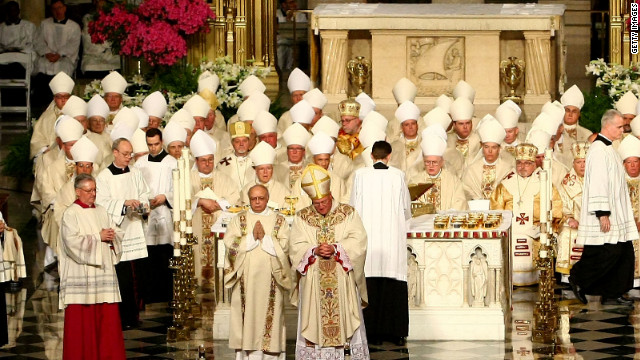Right now, as I write this post, I am hundreds of miles
above the earth in an airplane on my way to Chicago. I’m going to Chicago
because I am on a leadership committee that is a part of my denomination
(American Baptist Churches, USA). I am going to Chicago because I am very
involved in my denomination.
My involvement in denominational life ironic for a number of reasons.
My age – 39 - I
come from the generation of people who are naturally skeptical of institutions.
I’m told that we do not trust institutions and I think there is a good amount
of truth to that statement. We (Gen Xers) have seen governments lie, we have
witnessed heroes fall, and churches fail. Why would I think there is any hope
in an institution that had its heyday in the 1950s?
The current trends –
In a recent podcast I have mentioned that denominations are, on the whole,
actively dying. The institutions of the past are becoming the festering carcasses
spread across Christendom that Francis Wayland predicted they would be (way
back in the early 1800s). They are struggling, they are scared, and I am very
much aware of it.
My frustrations –
I’m not the smartest person involved in church life (I just like to tell myself
that I am), but I know that we are going to have to do things differently, and
when I say differently I mean at a theoretical
not just methodological level. A
methodological difference would be using a power-point screen instead of a
hymnal during hymns (or songs depending on what you call them). The same end is
reached, people sing. A theoretical difference would question the purpose of
music in worship, how it helps and how it hinders. It would go deeper and ask
what is the purpose of worship. I say all of this to point out that the rapid
decay of denominations demands a theoretical level of analysis and change and
the majority of pastors and lay people are only willing to consider the
methodical analysis and changes. This is frustrating not because I have the
answers (I don’t), but because the questions I hear people asking are often
going the wrong direction. The conversation is mired in the technical. I often
want to leave meetings with an angry bag.
Interlude – THE
ANGRY BAG™
The angry
bag™ is a state of the art device wherein one takes a bag, preferably paper (it
is safer than plastic and better for the environment), carefully takes a big
breath and then before exhaling places the bag over the mouth. With the bag
placed over the mount the person then lets out all of the air in a loud, primal
scream. This scream can be one long tone or can be released in short bursts of
rage. The individual then quickly twists the top of the bag holding in all of
the air and rage and then proceeds to smash it as hard as possible against one
hand causing a loud popping sound. This is the angry bag™
So why am I going to this meeting and why am I involved with
my denomination? Really for many of the same reasons that I am involved with a
local church – as far as I can tell it is the best way to do the work of Christ
in the world. Churches need to work together. Churches need to support each
other. Churches need to take risks with each other. Just as individuals need to
be a part of a church (again, see my recent podcast for more on this), churches
need to be a part of something bigger then themselves to be better communities
of Christ. I really do believe this. So I’m going to these meetings that will
last about 25 hours, see no more than a hotel lobby and maybe a quick peak of
Chicago in the ride from the airport to the hotel and back again, and then fly
back home, tired and probably a little frustrated. Yet I am glad to do it
because I really do believe it is a way for all of us to be better Christians,
and until I come up with something better I am fully in.
Good thing I packed 2-dozen angry bags™.

